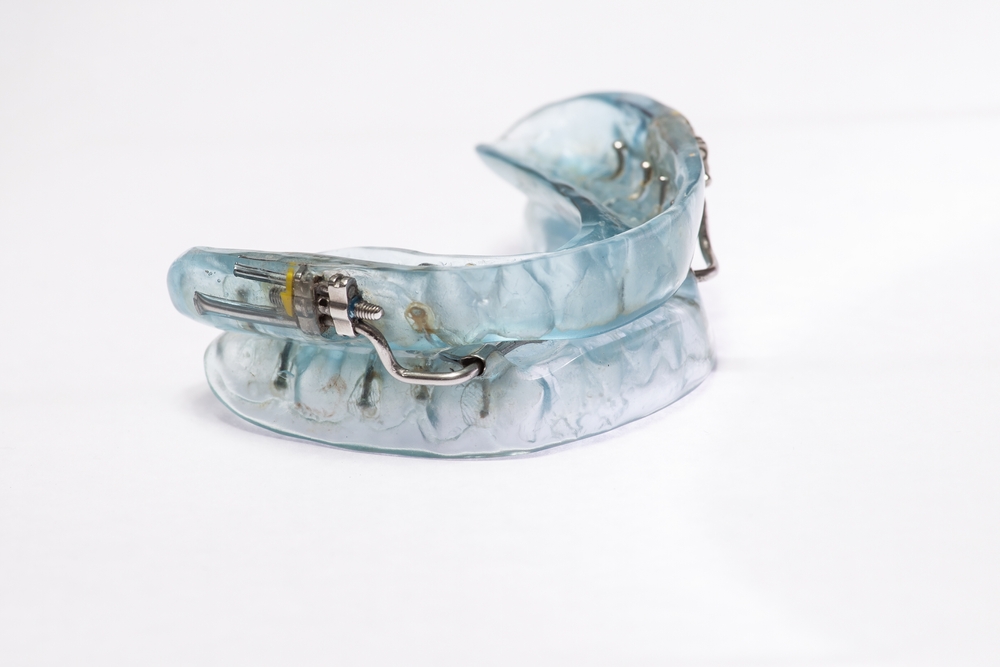Snoring during pregnancy can be caused by multiple factors, including hormonal changes, nasal congestion, fluid retention, and added body weight. In some cases, snoring during pregnancy is associated with obstructive sleep apnea (OSA), a disorder of interrupted breathing during sleep.
Studies estimate that up to 53% of pregnant women snore at least three nights per week. It is helpful to be informed about the causes, consequences, and ways of reducing snoring in pregnancy.
What Causes Snoring All of a Sudden During Pregnancy?
When snoring arises suddenly during pregnancy, it is often because of pregnancy-induced physical changes that narrow the upper airway.
Hormonal Changes and Nasal Congestion
During pregnancy, increasing levels of hormones like estrogen and progesterone trigger physical changes that restrict airflow through the nose.
Surging hormone production can provoke added blood flow and swelling around the airway. It also makes pregnant women susceptible to nasal congestion. These factors can make it harder to breathe through the nose, increasing the risk of snoring.
Fluid Retention
After lying down, blood and other fluids shift to other parts of the body, including around the neck. Because pregnant women have higher volumes of blood, fluid retention near the airway may restrict airflow during sleep.
Body Weight
Body weight increases during pregnancy, and enlarged tissues can reduce space in the airway.
Other Contributing Factors
Sometimes multiple causes trigger snoring during pregnancy. Snoring may result from the combination of physical changes caused by pregnancy and other contributing factors, such as:
- Obesity prior to pregnancy or excess weight gain during pregnancy
- Sleeping on your back, which restricts space in the upper airway
- Drinking alcohol, smoking cigarettes, or taking sedative medications at night
- Certain facial features that narrow the airway
When Does Snoring in Pregnancy Start?
Snoring during pregnancy often starts during the second trimester and becomes more common during the third trimester. However, not every pregnant person snores, and some people habitually snored before becoming pregnant.
Will Snoring Stop After Pregnancy?
Studies estimate that snoring will stop after pregnancy about half the time. Since there can be multiple causes of snoring, there is no way to know for sure whether snoring will continue after pregnancy. However, even when breathing disruptions during sleep continue after giving birth, they usually become less severe.
Is Snoring While Pregnant Dangerous?
Research to date is unclear about whether snoring during pregnancy is dangerous. Snoring itself may be harmless. However, there are situations in which snoring during pregnancy can be a sign of an underlying health issue.
- Sleep apnea: Snoring is a common symptom of obstructive sleep apnea, which involves recurrent episodes of obstructed breathing during sleep. While OSA can have health consequences for a pregnant person and a fetus, not all snoring is tied to sleep apnea.
- Hypertension: Snoring during pregnancy is associated with elevated blood pressure and a type of pregnancy complication called preeclampsia.
- Gestational diabetes: Some research has found a correlation between snoring during pregnancy and an increase in blood sugar levels known as gestational diabetes.
Talking with a doctor about snoring during pregnancy can determine whether it is related to any other health problem.
How to Reduce Snoring During Pregnancy
Various methods may be helpful to reduce snoring during pregnancy, including:
- Addressing nasal congestion with salt water rinses, nasal strips, or nasal dilators
- Sleeping on your side instead of on your back
- Using an adjustable bed or wedge pillow to raise your upper body
- Avoiding excess weight gain during pregnancy
- Staying away from alcohol, tobacco, or sedative drugs
- Practicing good sleep habits including avoiding caffeine late in the day and following a consistent sleep schedule
Remember to also consult with your doctor if you frequently snore or have breathing disruptions during sleep. Your doctor can check if your snoring is linked to sleep apnea or other health issues.










